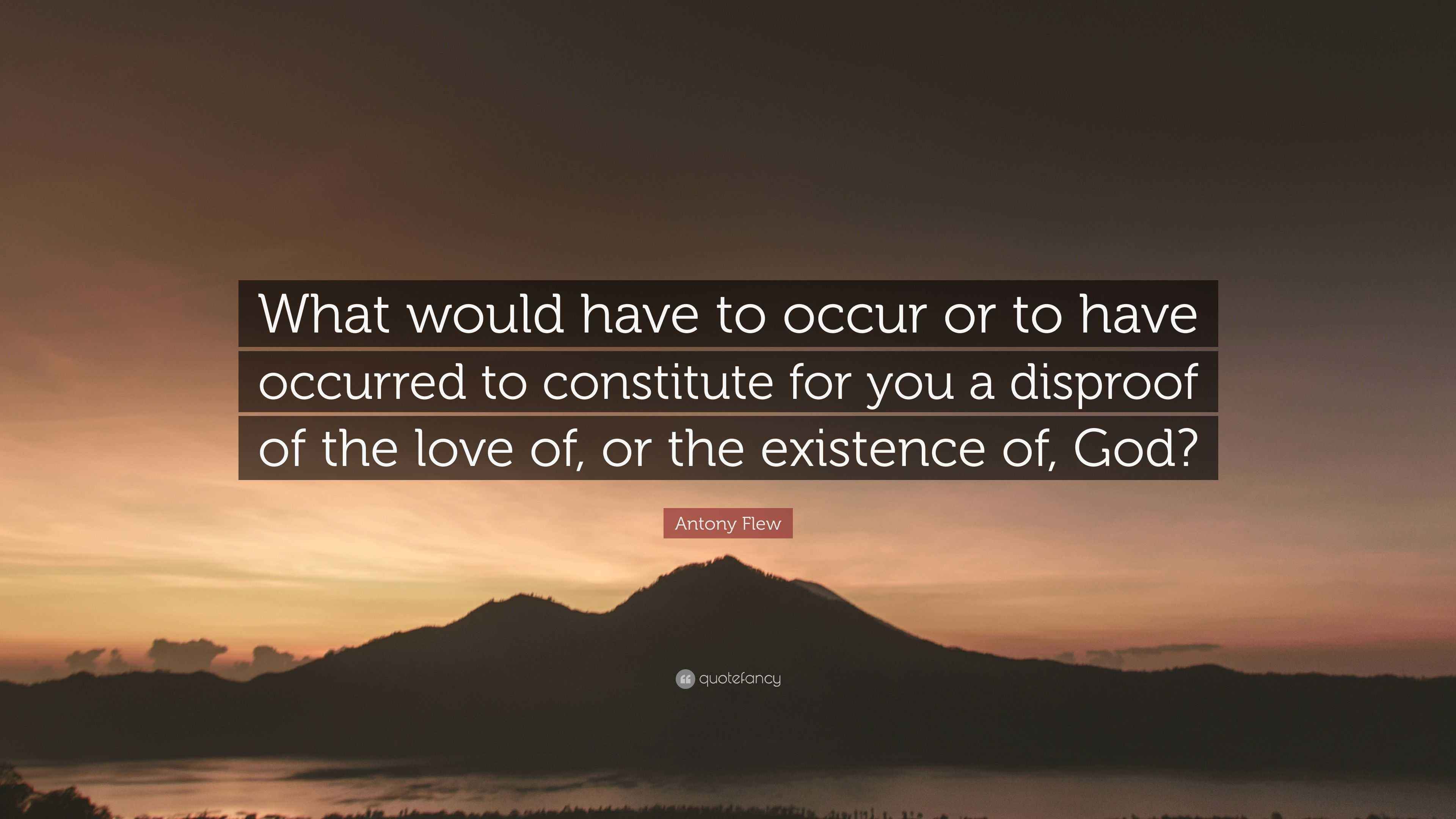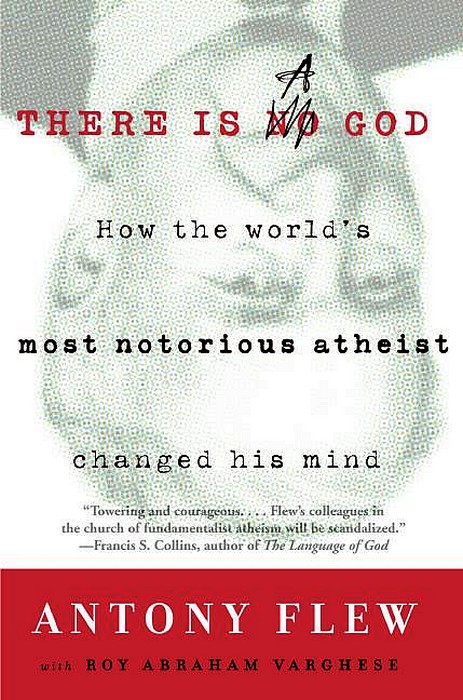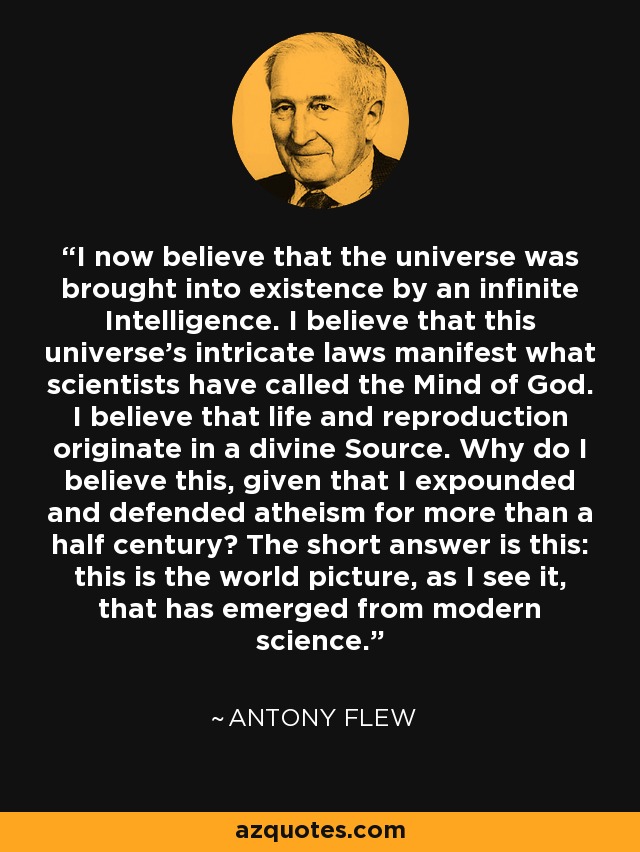
He also holds that no abiogenesis will ever figure out the mystery of life. He still doesn’t believe there is an immortal soul (which is odd, because I think a lot of the best evidence is for an immortal soul). Flew, however, doesn’t believe any of these are accurate. He has always held that “Follow the evidence, wherever it leads,” coined by Socrates, to be his motto, and he feels that the evidence now available by science points towards a creator.įlew comments that he received a lot of heat from his fellow atheists after his conversion, many of which stated publicly that the conversion had to do with being ‘senile’ or ‘afraid of death’ (Flew is over 80 years old), or that he wasn’t up to date with the latest abiogenesis research. He discusses his atheist works, and why he has changed his mind about the things he has written. The book first talks about Flew’s past, and what caused him to become an atheist in the first place.


In 2004, Antony Flew, longtime atheist philosopher of religion, announced in what was going to be a debate against a theist, that he had changed his mind – and he now believes that there is, in fact, a God. The famous atheist Antony Flew was actually took the time to listen to several of these messages and he wrote me back in the mid 1990′s several times.

Usually I would send them a cassette tape of Adrian Rogers’ messages “6 reasons I know the Bible is True,” “The Final Judgement,” “Who is Jesus?” and the message by Bill Elliff, “How to get a pure heart.” I would also send them printed material from the works of Francis Schaeffer and a personal apologetic letter from me addressing some of the issues in their work.

Series: Let There Be Light ĭuring the 1990′s I actually made it a practice to write famous atheists and scientists that were mentioned by Adrian Rogers and Francis Schaeffer and challenge them with the evidence for the Bible’s historicity and the claims of the gospel. Presented as part of the Let There be Light series. He explains that the theistic world view of Bacon, Kepler, Pascal, Boyle, Newton, Faraday and Maxwell was instrumental in the rise of modern science itself. Fritz Schaefer confronts the assertion that one cannot believe in God and be a credible scientist.


 0 kommentar(er)
0 kommentar(er)
